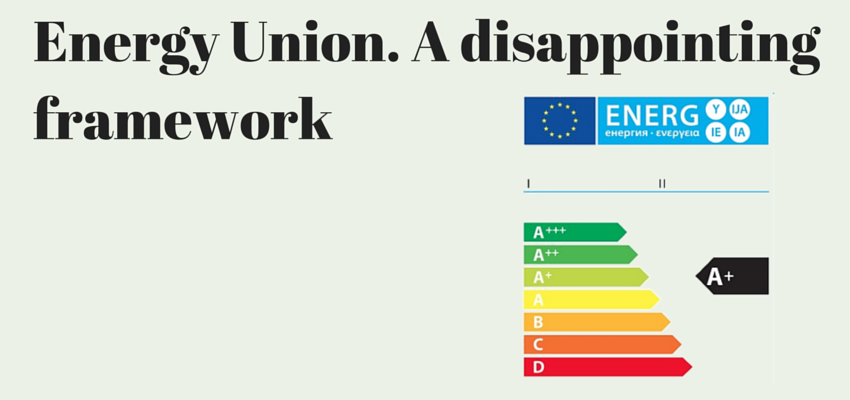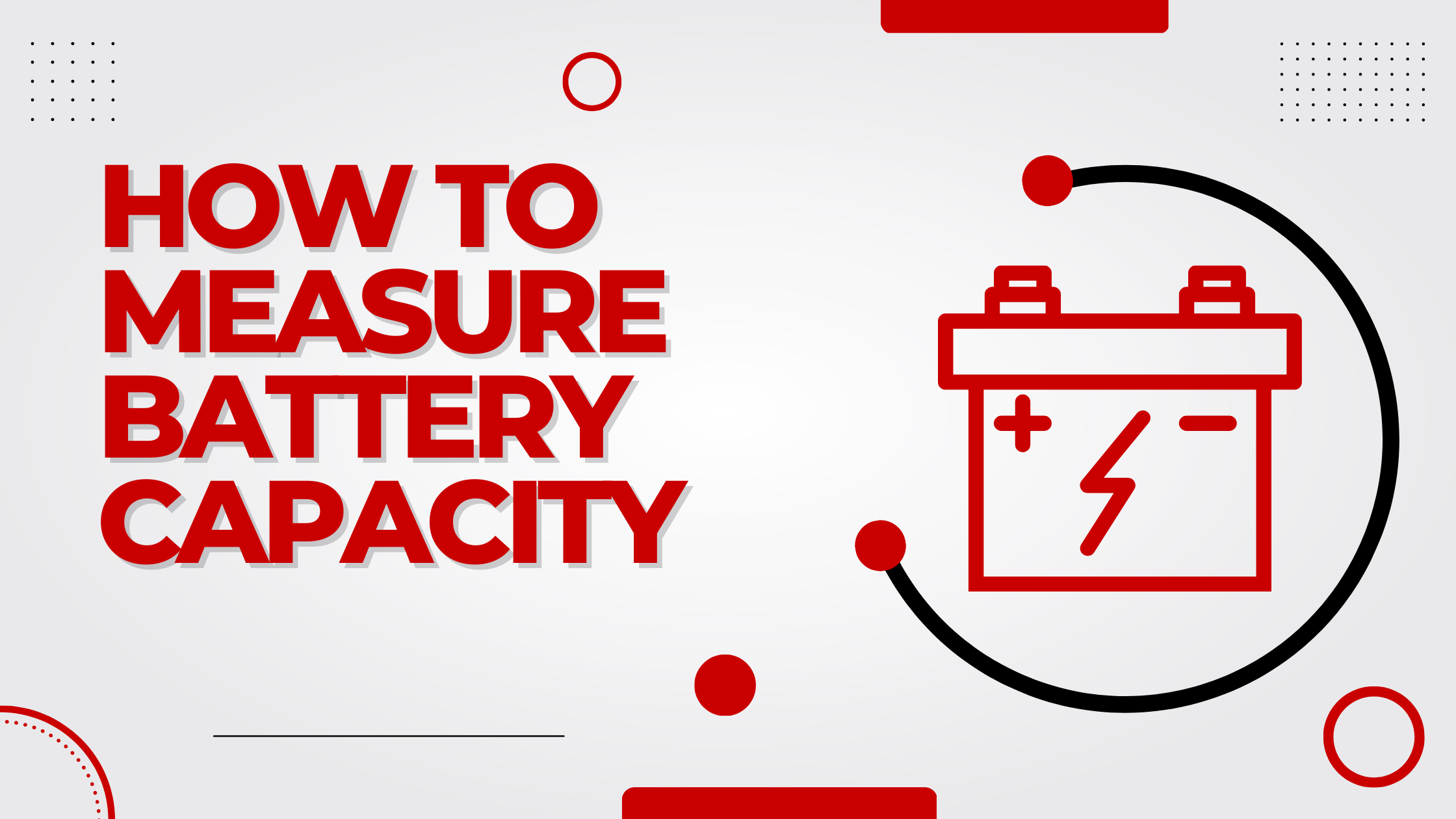
Energy Union. A disappointing framework
Feb 27, 2015. | By: José González
The European Commission has released “A Framework Strategy for a Resilient Energy Union with a Forward-Looking Climate Change Policy”1 which is a key plan in the development of its strategy for Europe’s energy sector through 2030.
The communication highlights the issues related to the EU governance, the regulatory frameworks, the external dependency in energy, the ageing of the energy infrastructure, problems in the retail market, the lack of consumers choice, high wholesale and end user prices, energy poverty, among others.
The Energy Union strategy brought by the European Commission has five dimensions:
- Energy security, solidarity and trust
- Diversification of supply (energy sources, suppliers and routes),
- Working together on security of supply,
- Stronger European role in global energy markets,
- More transparency on gas supply
- A fully integrated European energy market
- The internal market’s hardware: connecting markets through interconnections
- Implementing and upgrading the internal energy market’s software
- Enhanced regional cooperation within a common EU framework
- A new deal for consumers
- Protecting vulnerable consumers
- Energy efficiency contributing to moderation of demand
- Increasing energy efficiency in the buildings sector
- Towards an energy-efficient, decarbonised transport sector
- Decarbonising the economy
- An ambitious EU Climate policy
- Becoming the number one in renewables
- An Energy Union for Research, Innovation and Competitiveness
Regarding the Energy Union Governance the Commission will launch a dynamic governance process for the European Energy Union linking it to the European Semester.
This draft has been designed to bring greater energy security, sustainability and competitiveness, but we see several black spots that won’t allow the EU to become the world leader in renewable energy.
First of all is the importance given to the gas in order to reduce the energy dependency. Instead of promoting the Renewable Energy through smart grids, self-consumption and energy storage, the European Commission has put the accent in the gas production and diversification of its origin sources. To do so the Commission is
- promoting the investment in expensive and complex gas infrastructures: To ensure the diversification in gas supplies, work on the Southern Gas Corridor must be intensified to enable Central Asian countries to export their gas to Europe. In Northern Europe, the establishment of liquid gas hubs with multiple suppliers is greatly enhancing supply security.
- establishing strategic energy partnerships with increasingly important producing and transit countries or regions such as Algeria and Turkey; Azerbaijan and Turkmenistan; the Middle East; Africa and other potential suppliers
- fostering the production of oil and gas from unconventional sources in Europe such as shale gas. This proposal backs the highly controversial fracking in Europe.
Regarding the funding, the European Commission estimated about € 200 billion investment annually in the next decade. It will be destined to generation, networks and energy efficiency, in order to produce the transition towards a more secure and sustainable energy system. Its success will depend on how the funding is distributed. It is important that European renewable SMEs get access to this funding otherwise the opportunity of energy efficiency gains and new jobs creation will be missed.
It is right that Smart technologies will help consumers and energy service companies working for them to reap the opportunities available on the energy market but it needs to be supported by the fair self-consumption choice of the customers.
The Commission will also encourage Member States to establish a road map for the phasing-out of all regulated prices, requesting them to propose a mechanism to protect vulnerable consumers, which could preferably be provided through the general welfare system. This strategy shouldn’t be carried out before checking conclusively that the energy market functions properly and the prices are liable. First things first.
We believe that a strong European Energy Union that promotes fair energy access to the population based in clean energy technologies that allow energy efficiency gains, enabling the European consumer to generate electricity for self-consumption, would greatly benefit the EU economically, environmentally and climate-change awareness.
European Commission 2015. A Framework Strategy for a Resilient Energy Union with a Forward-Looking Climate Change Policy. http://ec.europa.eu/priorities/energy-union/docs/energyunion_en.pdf
Subscribe
Subscribe via RSS.
Recent Posts
-
 Posted on 10 Feb 2023
Posted on 10 Feb 2023
-
 Posted on 26 Jan 2023
Posted on 26 Jan 2023
-

Differences between Low Frequency (LF) Inverters and High Frequency (HF) Inverters
Posted on 25 Nov 2020 -

Whitewall Energy presents the new Rekoser batteries catalog for 2016
Posted on 07 Apr 2016